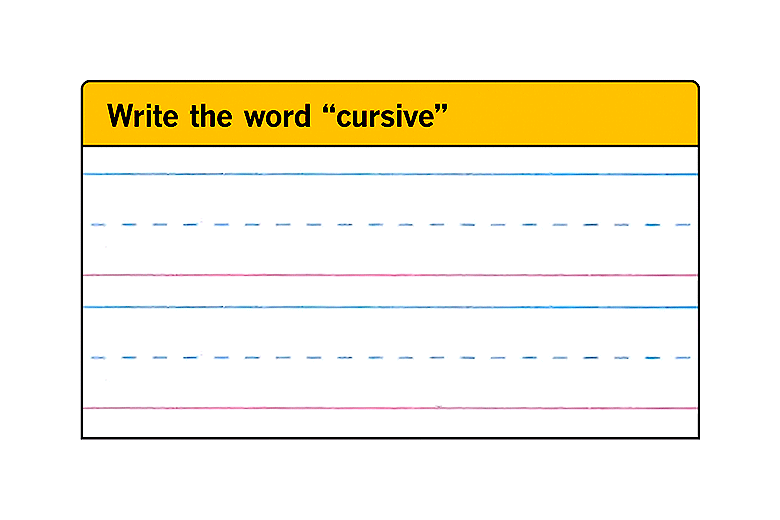Intimacy of the Word Revived by Computer
- Share via
RIVERSIDE — When a contemporary commuter listens to books recorded on cassette, the tape deck may be modern but listening is not. In ancient Greece and Rome the written word was always read aloud. Poems and prose were compositions made of sound. When philosophers first examined the connection between language, sound and reason, they concluded that the ears, not the eyes, were the pathway to the mind. Writing was encoded, and it was only when recited that writing came alive. Inscriptions etched on stone or scratched on some papyrus remained forever fixed, even if the context changed and humanity’s continual conversation went on to something else. Consequently Plato praised speaking over writing. Most of Aristotle’s written works were actually lecture notes. Cassette recordings would have been preferred.
Since the day language first began, speaking and writing have always been at odds. Speech came first and so did listening. Reading and writing were derivative and secondary. Around the beginning of the Middle Ages silence gradually descended on the written side of language and, as St. Augustine claimed, readers no longer always read aloud. Reading became a private act. The distance between speaking and writing grew. Very few could read.
The Renaissance invention of the printing press shifted the balance over to the written word. The first printed books were mostly taken from ancient manuscripts. As books proliferated, so did the numbers who could read. Readers then began to write. In those days literate persons were persons who wrote letters. Letters were designed to last, to be collected and reread again at times, the way ancient writing was.
Some letters occasionally contained tidbits of gossip and confidential information that could have better been expressed in voice, but much of what was written was of a different sort--considered thoughts, first and second thoughts, that took time to be composed. It was more illuminating to write instead of speak, to focus on the thought before continuing to something else. Correspondents came to know each other’s minds more than they did faces or the details of private lives. Some wrote letters to themselves, in the form of diaries, to clarify their own inner ideas. Others wrote such letters to their lovers or more often to their friends. The writing on the page was a window to the heart and mind.
The telephone shifted the balance back to speaking. It’s easier to pick up the phone to chat. As a result, much that once was put to paper is lost in daily, dangling conversation. Speech may be recorded and transcribed but there has always been something transitory about talk, very different from writing on the page. Speech is more spontaneous; writing is more a matter of composition--composing thought. Reading is more interpretive than listening; it impels silent thinking instead of instantaneous response. Reading draws the reader back within himself; speaking draws the speaker out.
Writing also separates writer from reader. The written word stands in between, even if it facilitates the union of two minds. Writing affords the reader little space to get a word in, except by writing on the margins, the way a reader sometimes does, following the tradition of medieval monks who wrote comments on the manuscripts they copied. A reader is often in no position to respond, except by writing.
When talking pictures and television came along, sound came even more alive. And the accompanying visions proved just as fleeting as the sound. The purpose of screenwriting was to be heard, not preserved. The televisual revolution carried over into writing, making it more conversational. Speech again dominates our culture, as it did in ancient Greece, from the agora to talk shows.
Contemporary white-collar administrators spend almost all their time in meetings or else talking with disembodied voices on the phone. Conversation is the way decision-makers spend their days. There is little time to think before being called upon to speak. The consensus reached over coffee or conclusions arrived at meetings are not always the product of reason. Introspective types are often unheard, drowned out by more assertive voices. A flood of conversation tends to wash thought entirely away, leaving a vocal residue of persons who prevail.
Although the art of letter-writing may have died, another form of writing has appeared: thinking people writing to each other on computer screens. I saw it recently at the Behavioral Sciences Institute in La Jolla, where 150 eminent Americans in business, the academy and the military maintain contact over thousands of miles via electronic mail. One-to-one communication is possible; so is 1-to-150 and even a form of 150-to-150. The computer makes possible semiprivate publications designed for a specific group of viewers, allowing each participant the option of adding comments as responses everyone in the network can see. Where the ancient Forum was a place for making speeches, the computer forum is a place for written exchange.
With every new technology the art of writing changes. When Henry James switched from writing successive drafts on paper to dictation to a typist, his sentences grew longer and his fiction became more diffuse. His writing became more like the way he talked.
Composing thoughts on the computer has had somewhat the opposite effect, making prose more focused and finessed, enabling--even encouraging--an endless series of revisions that would have strained the hand or forced the typist to quit.
Something that was lost in the age of telephone seems to be returning via the computer: literary friendship. Friendships formed through conversation are rather different from those written out. Verbal friendships are more transitory, thriving on the clever phrase, feeding off the facts of daily life--jobs, habits, dinner parties, shopping trips or sex stories. Friendships that come about through writing are far more intimate than this.
The phrasing that we use, the thoughts arrayed in writing reveal much more than the trendy clothing of changing conversations. Those who come to know each other primarily through writing come to know each other’s souls. When correspondents finally meet, sometimes verbal conversation also is affected by words that have been written and speech itself becomes more like writing than the other way around.
As the essayist Montaigne observed, friendships such as this break the bonds that separate us as persons.
Sometimes verbal conversation cannot survive the intimations of written correspondence. Friendships formed through writing can prove incompatible with those we form in person.
I used to know a Los Angeles poet; we met for dinner once a week in Riverside, to talk of politics and gossip. Then I moved to Germany for two years and we wrote letters to each other. The letters this poet wrote were intensely revealing, and perhaps mine were as well.
Since my return to the United States we have never spoken. We know too much about each other now.
More to Read
Sign up for our Book Club newsletter
Get the latest news, events and more from the Los Angeles Times Book Club, and help us get L.A. reading and talking.
You may occasionally receive promotional content from the Los Angeles Times.










